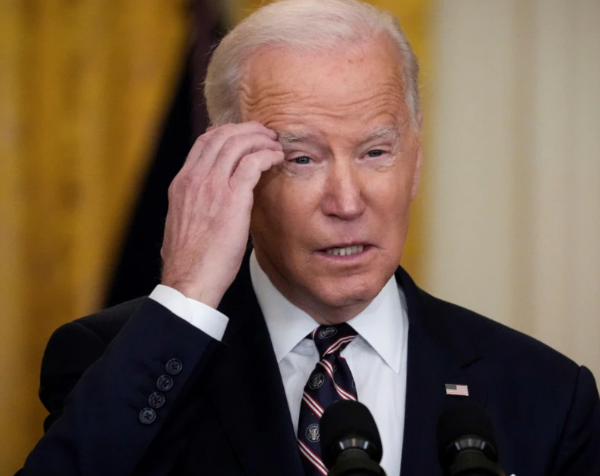#Medicare #HealthcareSavings #Drugmakers #Taxpayers #Seniors #MedicationCosts #GovernmentNegotiations #HealthPolicy
The multi-round negotiations process entailed in Medicare’s strategies represents a potent force for driving down the costs of medication, fostering notable benefits for both taxpayers and senior citizens. It’s a pivotal shift towards more equitable healthcare, focusing on alleviating the financial burdens associated with pharmaceuticals. This dynamic process not only promises to yield substantial savings over time but also aims to intensify the pressure on drug manufacturers, pushing them towards more favorable pricing structures.
The intricacy of these negotiations lies in their potential to set a precedent for how government agencies can leverage their buying power to enact meaningful change within the healthcare sector. As the discussions progress through their multiple stages, they offer a chance to reassess and recalibrate the balance between ensuring drug companies can continue to innovate and making crucial medications affordable for the public. Over time, the cumulative effect of these negotiations could lead to a more sustainable healthcare ecosystem, where the interests of seniors and taxpayers are more closely aligned with the imperatives of public health and fiscal responsibility.
Moreover, the initiative underscores a broader movement toward transparency and accountability in drug pricing, a contentious issue that has long plagued the US healthcare system. By putting more pressure on pharmaceutical companies, Medicare’s negotiation process is not just about cutting costs; it’s about ushering in a new era of healthcare where policy and practices are more responsive to the needs of the population. This change could significantly influence how other sectors within healthcare approach the challenge of making care more affordable and accessible, setting the stage for comprehensive reforms that extend well beyond the scope of Medicare. As these negotiations evolve, they will undoubtedly become a critical focal point for ongoing debates about the future of healthcare in America, signaling a commitment to reforming the landscape of drug pricing and, by extension, enhancing the quality of life for millions.





Comments are closed.